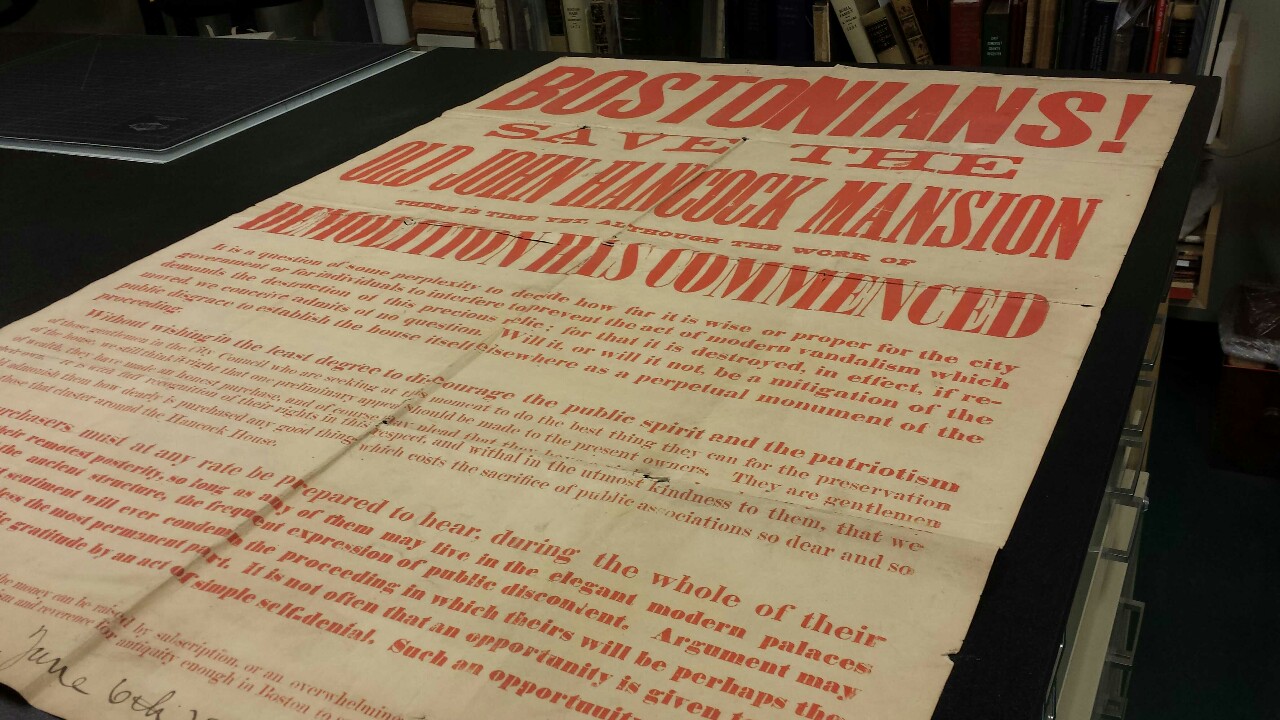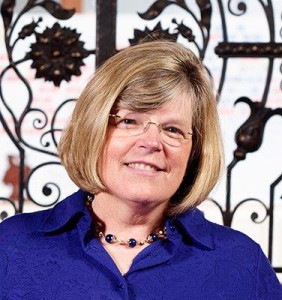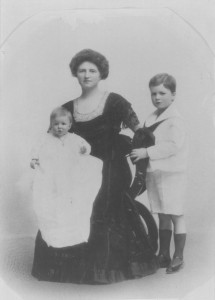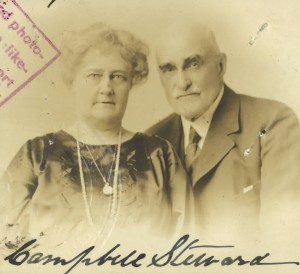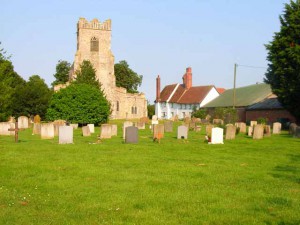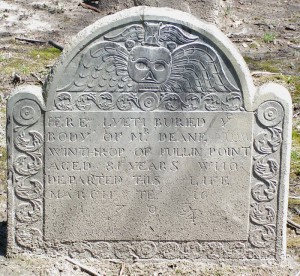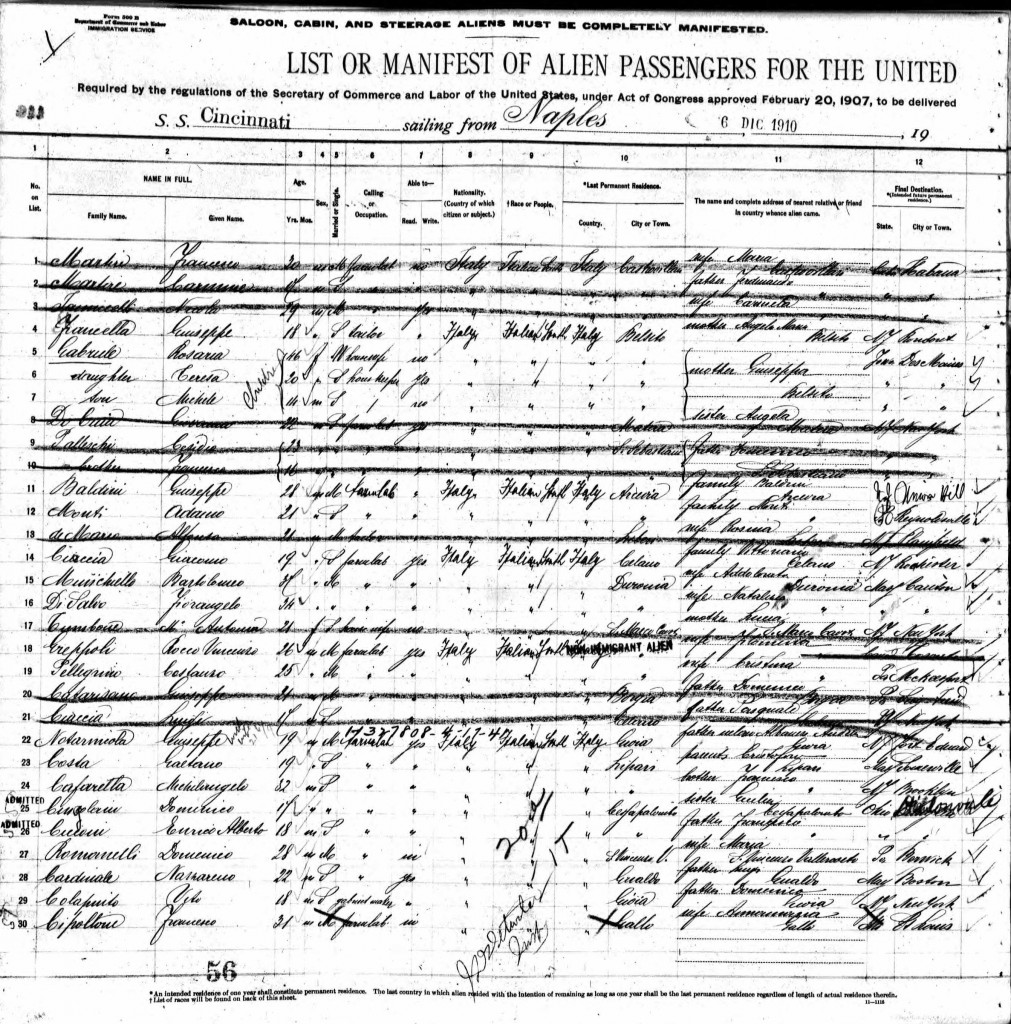
I just returned from representing the New England Historic Genealogical Society at the Southern California Genealogical Jamboree’s forty-fifth annual event in Burbank, California. In addition to getting the opportunity to meet some of the great NEHGS members who live in and around California, I also had an opportunity to give three different lectures: “Following the Crumbs: Tracing Family History Through Land Records,” “Tracing Your Italian Ancestry to the Old Country,” and “Tales of a Genealogist” at the NEHGS Breakfast. Continue reading What’s that name?
